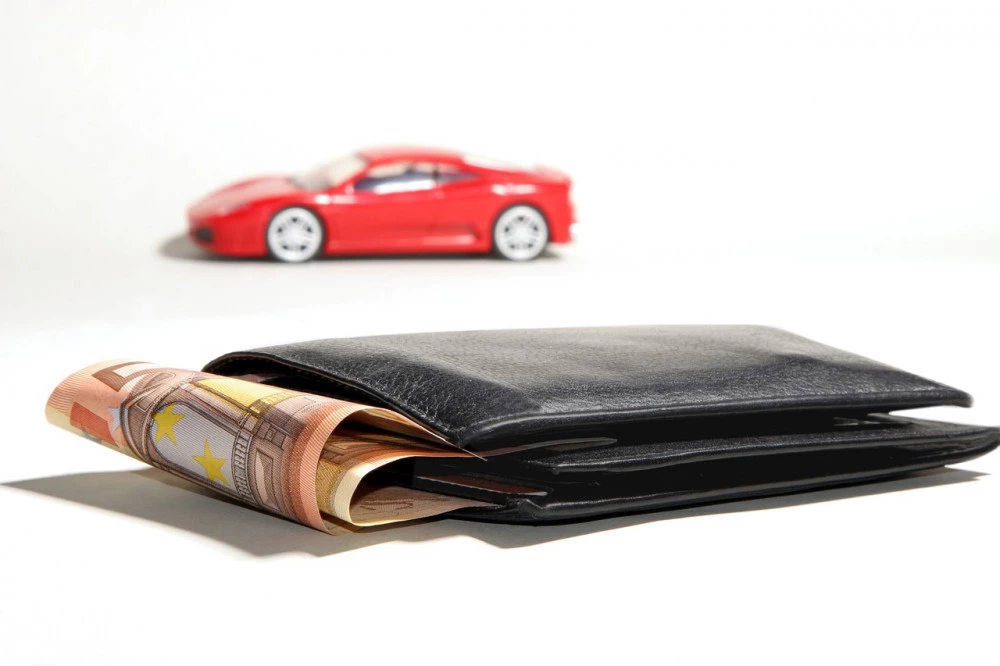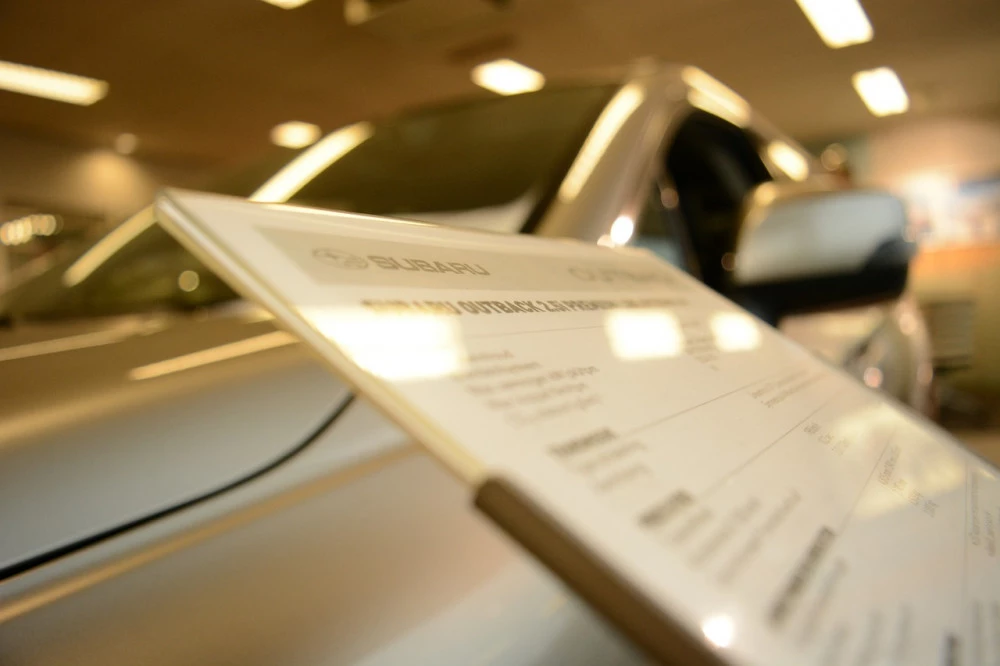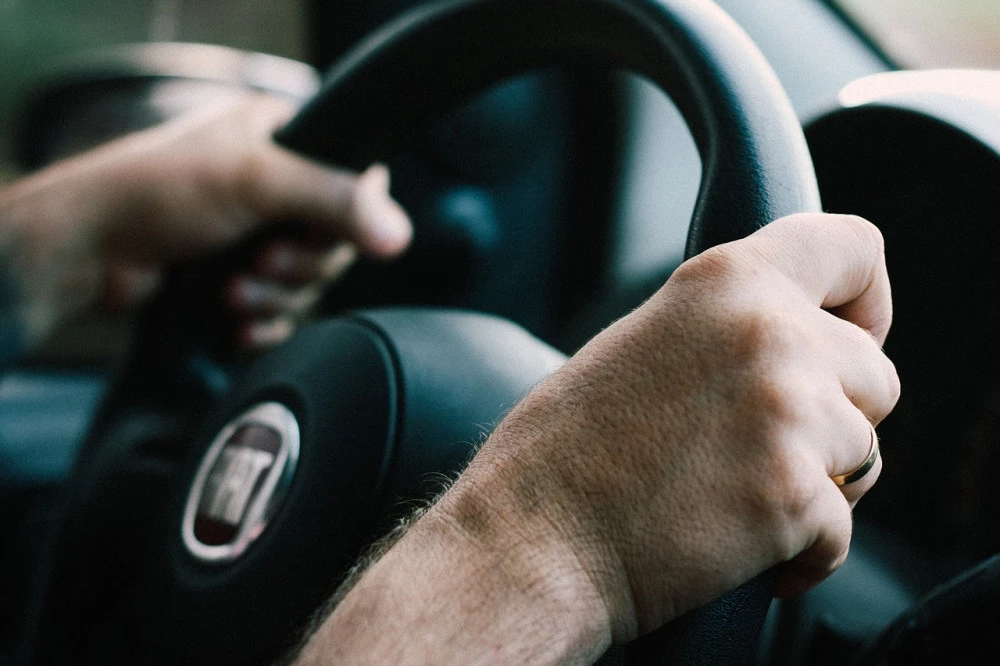8 Things to Check When Buying a Used Car
When you're looking to buy a used car, there are dozens of things you'll want to check before making your purchase. While it's important to look at the outside of the vehicle, there are many more details to pay attention to on the inside of the car that many used car buyers overlook—details that could lead to costly repairs down the road if they aren't looked after properly. Learn how to spot these potential issues when buying a used car by reading this list of eight things you should always check before buying a used car.
1. Budget
Create a budget in order to make sure you can afford any repairs that may come up after you buy your used car. Decide how much you can afford for monthly payments and weekly gas costs, then take it from there. If your budget is too low, you might end up purchasing something that is more expensive than it should be—and perhaps unsafe or unreliable. A lower-priced vehicle usually means fewer amenities and less cutting-edge technology; however, making smart purchases will help offset these issues.

2. Registration
Another thing to remember, when buying any car, make sure it's registered—and that you can get proof of registration from your state. There's not much more important than knowing you have a legal car in your possession. The burden of proving legality is on you; if there's any question about whether it's stolen or has unpaid liens on it, walk away and try another vehicle.

3. Service Record
A used car's service record is one of your best bets for checking its overall health. Most dealerships will be able to give you copies of all recent repairs and maintenance, as well as explain why any service was needed. A common rule of thumb is that anything under 10,000 miles can be considered in like-new condition, while higher mileage vehicles could require an extensive amount of repair—which may or may not come with a warranty (check).
4. Owner History
Whether you're buying from an individual or a dealer, getting proof of ownership history is important. If you buy a car privately, ask for proof of registration and service history. A car dealer should be able to provide it—and do so without hesitation. If they can't or won't, move on. You may end up with someone else's problems if you buy that used car.
5. Blue Book Value
Before you buy any car, it's important to know how much it is worth. Every model of car has its own value depending on the age, condition and features of that particular vehicle. The Kelly Blue Book is a resource for determining how much your car or truck is worth before you go out and sell it or buy another vehicle. By knowing what your car is worth before you even look at used cars, you can protect yourself from overpaying for something that isn't worth as much as you expect.

6. Buy From a Reputable Seller
An excellent source for buying used cars is reputable dealers, who tend to offer better protection from fraud and mechanical issues. Though you'll still need to check each car carefully—and obtain a vehicle history report if possible—you can trust your dealer for greater transparency about that car's past. If you're buying from an individual or private seller, make sure they give you proof of ownership in case anything goes wrong. And make sure they don't sell you stolen goods!

7. Test Drive
Before you buy any used car, make sure you can test-drive it. Ask around; you'll likely find an auto body shop willing to let you use one of their loaner cars for your own test drive. You can also ask at local dealerships if they have loaner cars available. Be sure to bring someone with you on your test drive who knows how to spot potential problems in a vehicle. And don't forget about safety features like airbags and seat belts—if these are missing or broken, that could be a sign that other repairs haven't been made either.

8. Maintenance History
Before heading out to buy your next used car, check to see if any service or maintenance records are available. If they are and you have access to them, they can give you great insight into what state of health your potential vehicle is in. Knowing whether it's received regular oil changes, tire rotations and so on can save you some trouble down the road.


